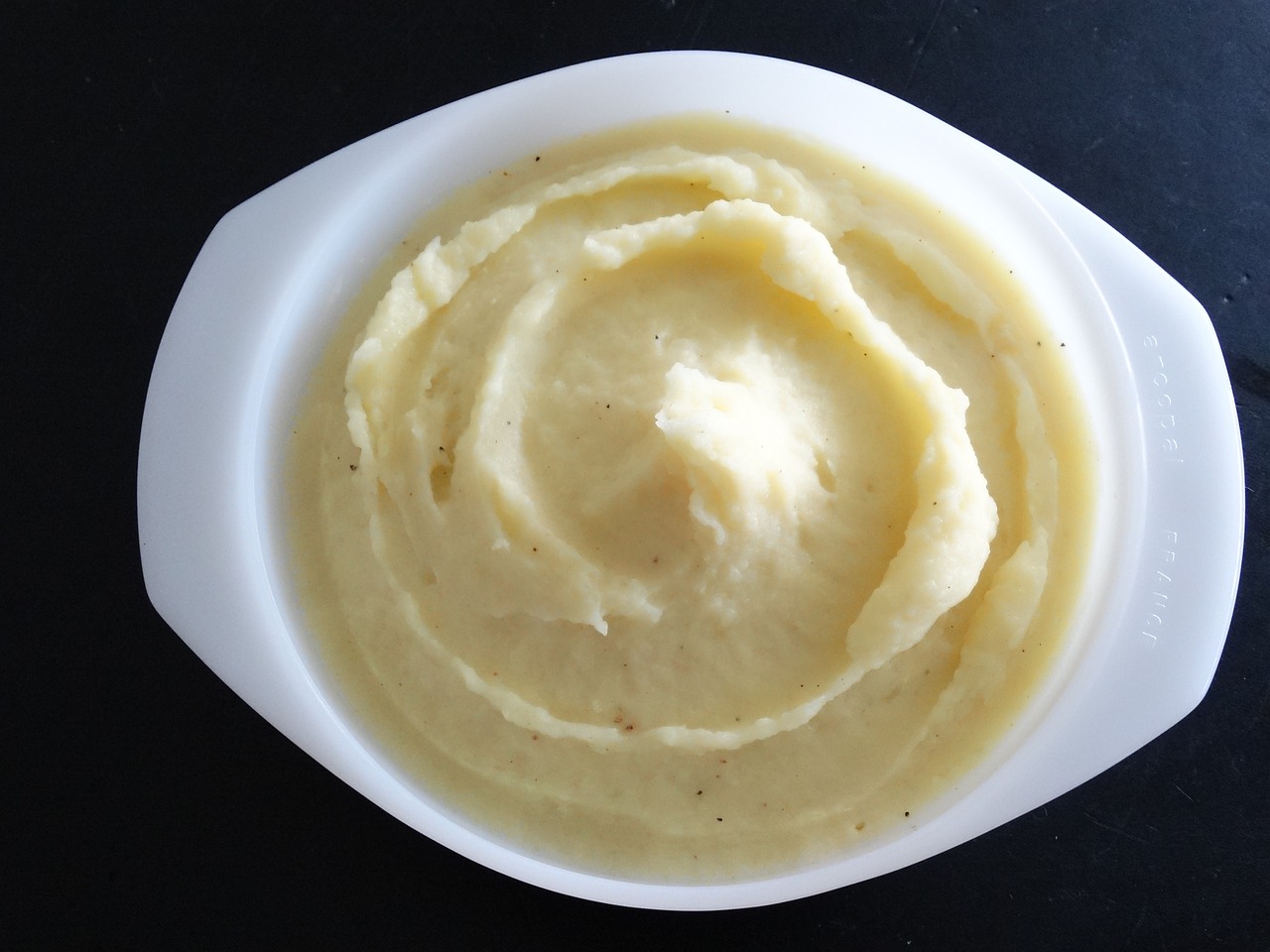
Last night, my wife and I went to a restaurant we’ve been to several times before. We always get the same thing: country rigatoni for me and medallions of beef with asparagus and mashed potatoes for her. The waiter took our order and went off to punch it into the company’s computer. Or so we thought.
We should have known we were in for trouble a couple of minutes later when the waiter reappeared and apologized because he’d forgotten what we wanted. He hadn’t written it down, which shouldn’t be a problem for such a small order in a party of two, particularly since the restaurant wasn’t very busy. But now he had a pen and paper, so we told him again as he nodded his head, then re-apologized and left.
When the food came — delivered by a runner, not our waiter — my pasta dish was just the way I like it, but Martha’s mashed potatoes were cold. She proceeded to enjoy the meat while I dug into the rigatoni. When we were about halfway done, the waiter came by to refill our water glasses and ask if everything was okay.
Martha explained the problem with the potatoes, and the waiter said something I couldn’t comprehend. Oh, I knew all the words, but the idea he tried to convey made no sense. To make things better, he told her he would have the kitchen box up a new batch of mashed potatoes she could take to go — and he’d make sure he got them right before we departed so they’d be sure to be hot.
Wait, what?
Why would Martha want hot mashed potatoes in a to-go box? It’s not like she was going to take them to the car and eat them on the way home as I drove. And by the time we did get to our house, wouldn’t they have cooled off again, requiring her to reheat them in the microwave — which she would have also have had to do if she’d taken home cold mashed potatoes?
Ninety seconds later, the waiter was back to reassure Martha he’d talked to the chef and the potatoes would be hot and ready for her whenever we were about to leave. Martha looked at him with a confused face, asking, “Could you please bring them now?” That possibility hadn’t occurred to Mr. Forgetful, who said, “Now? Yes, I can go get them right now, and I’ll make sure they’re hot.” Then he scampered away.
Not long after, he was back with a new order of mashed spuds, warning her that both the potatoes and the ramekin were hot. Quick tangent: I’d never heard the word ramekin, so I thought he’d brought her some additional item she hadn’t asked for. But Martha informed me ramekin is just a fancy word for the bowl the potatoes were served in.
This time, the potatoes were, indeed, the correct temperature, and she delighted in them, although she only ate about half of what was in the ramekin (see how quickly I learn?). When the waiter came to clear away our plates, he asked if I wanted a box for my leftovers, which consisted of two pieces of rigatoni and a bite of chicken — not exactly enough to require a doggie bag, so I passed — but didn’t breathe a syllable about her unfinished mashed potatoes.
I handed the waiter my credit card and asked him to ring us up. As he walked away, Martha joked that he’d probably forget that I’d given him the card, but he didn’t, returning it with the paperwork for me to fill out. Then came an awkward moment. I’m always generous about tipping in restaurants, leaving at least 20%, often more if the service had been really good. But in this case, I thought Mr. Forgetful had underperformed and thus didn’t deserve the usual percentage. Martha frowned and disagreed, but I’m a man of principle and only left 19%.
But I would have heated up the extra 1% if he wanted it to go.
The whole thing reminded me of this Oscar-nominated short from 1977, starring Steve Martin, Teri Garr, and Buck Henry…
